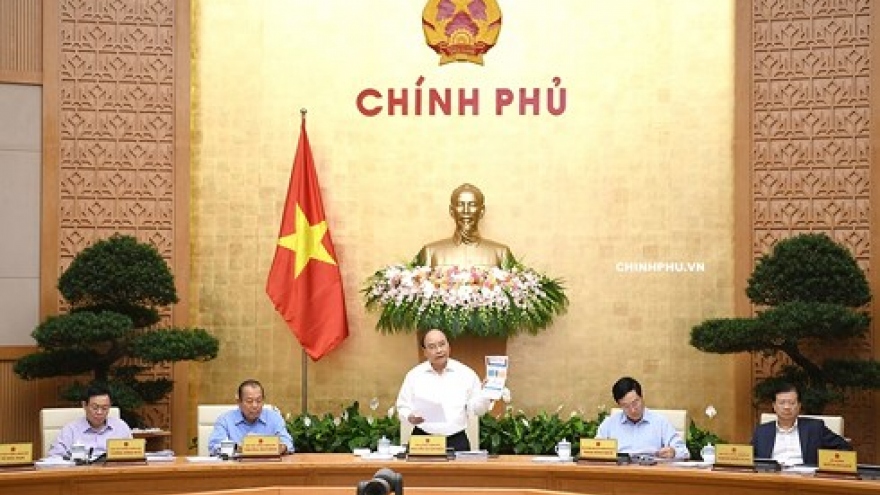Paperless meetings – a move towards building e-government
Paperless meetings are one of the steps towards building an e-government, with the move towards electronic documents becoming an obvious trend amidst the Fourth Industrial Revolution, said Minister-Chairman of the Government Office Mai Tien Dung.
 |
Dung, who is Chairman of the National Committee for E-government, said at a meeting of the Prime Minister’s working group where participants discussed an e-Cabinet project that the Government convenes an average of 12-14 meetings each year, with about 150 contents.
The documents serving the meetings, often in large quantity, are mostly hard copies. This format is costly to print, transport, deliver, and manage, Dung said, underlining that sometimes the documents are sent late, meaning cabinet members have no time to study them.
Along with discussion points at the meetings, the Government also works through papers in order to gather the ideas of its members. The Government Office sent out 169 comment cards in 2017 and 120 comment cards in 2016, said Dung.
However, the work is costly and slow, leading to a slow collection of ideas, he said, adding that sometimes documents are unable to reach their receivers at all.
Dung said that the Government Office has learnt from experiences of other countries with strong performances in building e-government such as Malaysia, Estonia, France, and the Republic of Korea, and proposed the Government promptly apply these experiences to Vietnam’s digitisation process.
The Government Office has built an e-Cabinet project serving the direction and governance of the Government and the Prime Minister with an aim that by 2019, 30% of governmental meetings will be reduced, along with the replacement of all paper documents with e-documents.
The cabinet members’ process of presenting ideas and voting will also be conducted online with a digital signature. By the end of 2019, 100 percent of the contents for debate at the cabinet will be made online.
The project is expected to build a paperless government which is more open, transparent, and effective.
The majority of experts held that the e-Cabinet is a feasible project with significant importance and a big step in building e-government.

